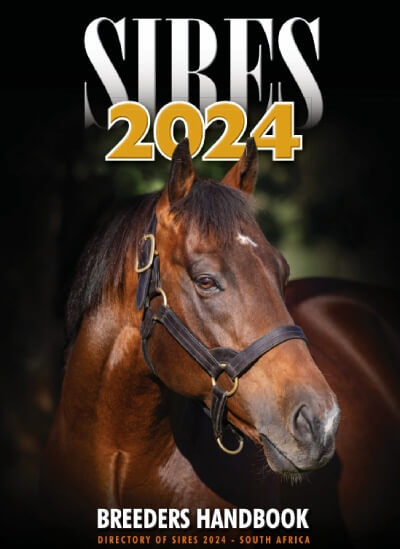The dreaded spear tackle. It’s no small question and certainly not one to be taken lightly. Nobody wants to see anyone put in wheelchairs or killed. But have the rugby authorities allowed the gravity of the issue to result in mild hysteria?
Is there a real danger of a good defence being outlawed? From the events of round four of Super Rugby, it is clear that the answer on both counts is a resounding yes.
It seems rugby players aren’t allowed to tackle anymore.
Having followed rugby for most of my life, I used to have a good understanding of what a spear tackle looked like, and what the match review committee would say. When I watched a game with my mates five years ago, we’d all immediately look at each other after a spear tackle was committed and debate the suspension the tackler would receive.
That said, I almost choked when Digby Ioane got five weeks for his tackle on Marcel Coetzee. Regardless of his past history, that suspension is an embarrassment to Super Rugby.
The fact is, SANZAR, the IRB, citing commissioners, and the judiciaries have lost the plot.
But don’t take my word for it, let’s think about this. We are told rules are rules. Fair enough, but what does the rule actually say?
“Lifting a player from the ground and dropping or driving that player into the ground while that player’s feet are still off the ground such that the player’s head and/or upper body come into contact with the ground is dangerous play.”
The real problem with this law is how general it is. “Dangerous play” seems to cover just about every tackle I can think of.
The words “upper body” are particularly concerning. Just how do you tackle a man in a front on position by the legs and ensure that his upper body, presumably between his ribs and shoulder blades, does not come into contact with the ground?
It is possible but only if you relinquish dominance, allow the men to fall gently like a leaf to the ground and then stroke his head and cuddle him afterwards. On top of that, it isn’t as if you can hold up your hand requesting the player to stop and then wriggle down his legs before suggesting he falls over.
Then there is the question of protecting the head. The danger we all want to avoid is when a player is lifted beyond the horizontal and his head comes into contact with the ground first. Should not the word ‘first’ be inserted so the rule reads “…come into contact with the ground first is dangerous play”.
The law as it reads is a joke. A netball player could have written it. If you can’t dominate an opposition player in a front on tackle anymore, why not simply allow a free off-load once a game and uncontested catch passing games?
In Digby Ioane’s case, he did not spear the player into the ground. He did not lift between the legs, at no time did it look likely that the players head would contact the ground first and Digby was the lone tackler.
It was not a dangerous tackle.
On the official Super Rugby website the video of the incident is labeled “Ioane’s ‘Spear Tackle’ on Marcel Coetzee.” It’s unclear whether the inverted commas around ‘Spear Tackle’ are tongue in cheek but they absolutely should be.









